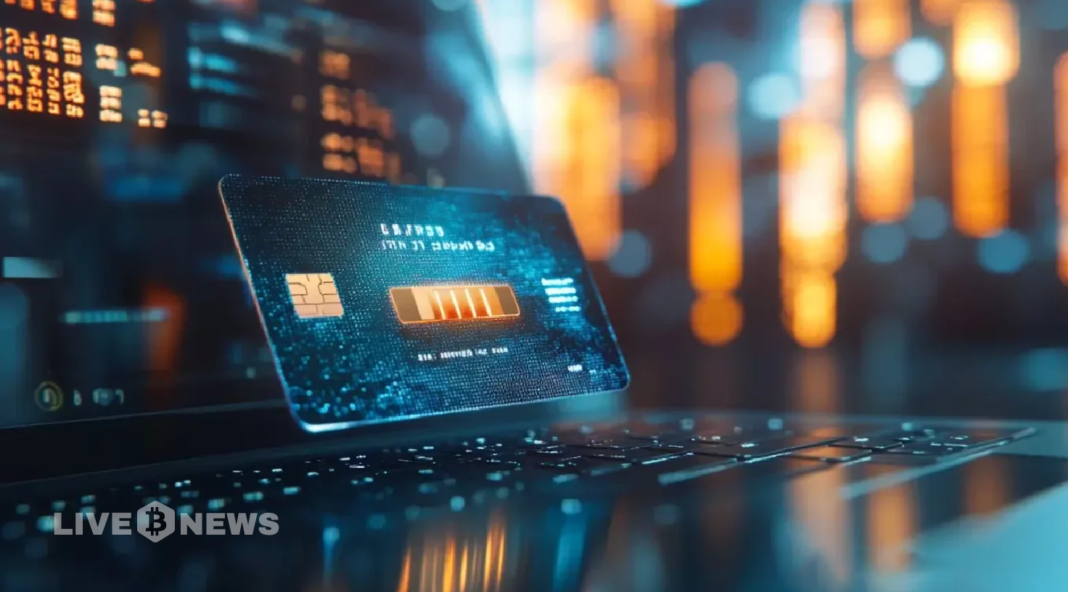- FV Bank’s Visa cards offer global access to both fiat and cryptocurrency funds.
- New cards provide spending freedom through online management tools.
FV Bank has announced the debut of its new Visa debit and corporate expenses cards, which were developed in collaboration with Visa to enable U.S. and foreign customers with convenient access to cash globally. These unique cards, available to individuals and corporations, enable users to seamlessly access their fiat and digital asset balances. They integrate traditional and digital finance into a comprehensive global solution.
Customers can spend their bank balances or convert digital assets to USD via these new debit and corporate expense cards, which are accepted by millions of Visa-compatible retailers and ATMs worldwide. Users can make payments via magstripe, chip, or contactless technology, providing a variety of transaction alternatives.
Individual Visa debit cards provide consumers with flexible spending alternatives by allowing payments and ATM withdrawals directly from their linked FV Bank USD accounts. The corporate expense card serves as a dedicated solution for organizations to streamline staff expenses. It offers real-time control and customizable spending restrictions for each authorized user.
Innovative Access to Fiat and Digital Assets
Luis Guerra, Visa Country Manager in Puerto Rico, adding, These debit and corporate cards combine FV Bank’s digital banking strengths and bring enhanced financial flexibility to individuals and businesses alike, offering convenience and global accessibility.
To promote rapid access to funds, FV Bank offers a variety of funding alternatives for the new Visa cards, including USD deposits, USDC stablecoin deposits with automatic conversion, and direct conversions of digital assets such as Bitcoin, Ethereum, USDC, USDT, and others via its Convert function.
FV Bank’s Visa cards aim to simplify financial administration and expand the accessibility of digital assets, opening a new era of integrated banking solutions tailored to the needs of an increasingly digital economy.



